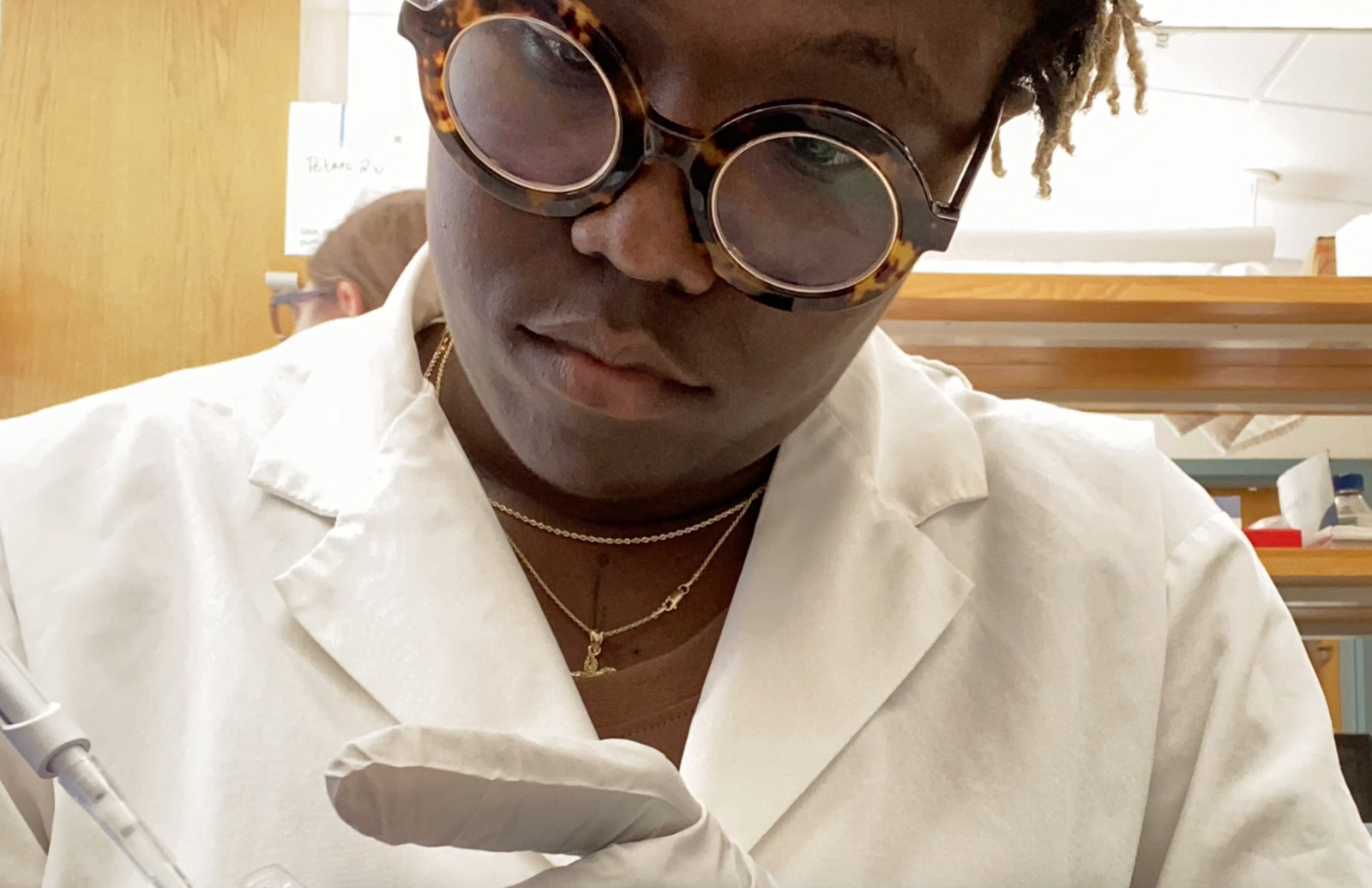Developing the workforce of tomorrow
A GRA initiative uses university research to expand STEMM talent
To keep Georgia’s economy strong and growing, Georgia students must gain the knowledge and experience that prepares them for careers in science, technology, engineering, math and medicine (STEMM). These career areas factor prominently into Georgia’s future.
Already, GRA’s work creates new jobs in university labs and startup companies to develop tomorrow’s professionals. Added to this effort is our Workforce Development Initiative – it creates opportunities to introduce more students at Georgia colleges to STEMM through university research.
The idea for the initiative originated with GRA’s Eminent Scholars. At their annual gathering, the Scholars discussed the importance of engaging more undergraduate students in scientific research. Their dialogue that day resolved to explore a new opportunity to provide lab experience and mentorship – and the GRA Student Scholars program was born.
How It Works
GRA’s Workforce Development Initiative has three components:
- Lab internships. GRA’s Student Scholars program gives undergraduate and graduate students at colleges across the state the opportunity to work alongside a top scientist for an entire semester. Nearly 100 students from colleges and universities all over Georgia have participated in the program so far. Support from AT&T, Georgia Power Foundation and the Coca-Cola Foundation have made these immersive lab experiences possible. More on the GRA Student Scholars program >
- STEMM Career Development. Academic conferences offer a valuable opportunity for students to learn about a field, present research and make connections to professionals. Attending such conferences, however, is often outside college students’ budgets. Thus, GRA sponsors Georgia students who seek to attend select symposia and conferences in their field of study.
- Postdoc Fellowships. In a three-year pilot project, GRA is partnering with Georgia State University and the Wilzynski Scholarship Fund to support a cohort of three postdoctoral students as they pursue research in neuroscience. The pilot project aims to demonstrate the fellowship model as a way to engage more post graduate researchers from different backgrounds, in hopes that they will pursue faculty positions at Georgia State.
If you’d like to support GRA’s Workforce Development Initiative – or learn more about it – please contact Amanda Schroeder at GRA.

